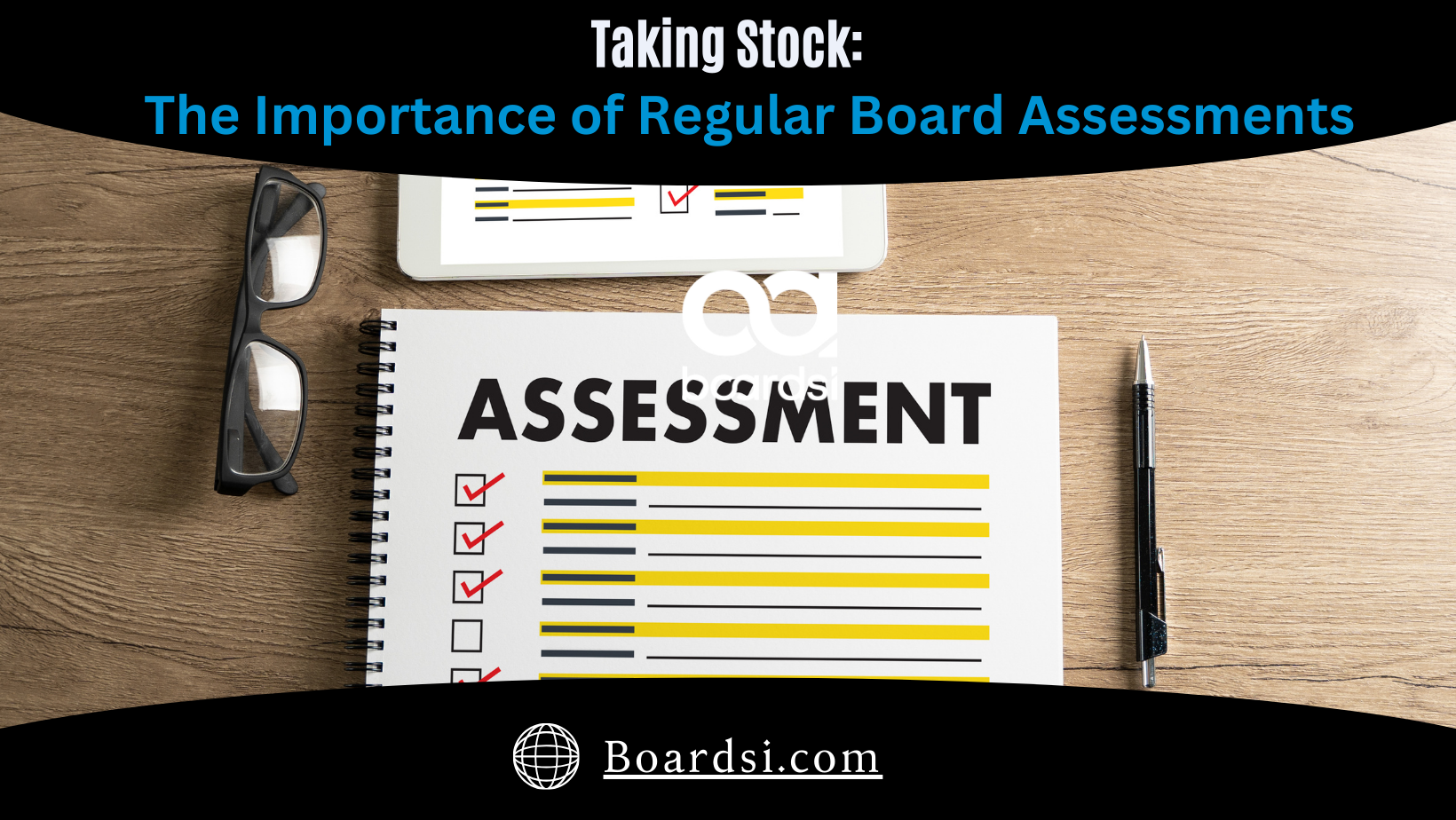Martin Rowinski is the CEO of Boardsi, a corporate board recruitment company, and an investor and author.
Putting a board together is more than bringing on members and assigning them the title “board of directors.” The structure of a board should be set up to see you succeed, and they should have access to all the necessary resources to guide them to that success.
When choosing board members, be diligent, take your time and pay attention to the specific ways each one can help grow your business. Create a board that does exactly what a board is meant to do: Bring your company success.
Let your board guide your success.
A board may vary in size and structure, but at its foundation, it needs an architecture that allows everyone to understand exactly what the company needs to be successful. According to a 2016 McKinsey survey, only 1% of respondents who described their boards as ineffective felt their directors received sufficient training. Create specific plans that will take your company toward a successful future and provide clear, actionable feedback and coaching to your board members to make sure they stay on track.
Instead of aimless meetings for the sake of scheduling a meeting, bring board members together with purpose. Plan meaningful discussions and prepare to make decisions. All members should be active and excited to participate, which should also make them more effective. Share clear guidelines regarding how meetings will be held and how often members need to be in attendance and set expectations both inside and outside of those meetings. This way, everyone on the board is equally capable of guiding your company in the right direction.
Balance your directors and advisors.
Businesses often benefit from a wide range of expertise and guidance to successfully achieve their mission and grow, and both a board of directors and an advisory board provide that in different ways
While most organizations must form a board of directors, an advisory board is optional, and there are no parameters surrounding its size or duration. This means advisory boards can assemble for targeted purposes and disassemble when they achieve them. If you choose to form an advisory board for your company, define its scope and purpose before you start assembling members so you can construct the most effective team to achieve those goals.
Keep in mind the differences between a board of directors and a board of advisors and the necessary balance between the two. A board of directors provides governance—they handle fiduciary decisions and legal responsibilities and have voting rights. A board of advisors provides advice and counsel.
With more broad-reaching responsibilities, your board of directors should also be in agreement about the need for assembling an advisory board and its goals. They should also be aware of any decisions you make as a result of their advice. Advisors have less liability, which means you will likely meet with them more frequently, and they can more readily give advice. For the two to exist and work best together, make sure those relationships stay in balance.
Build a strong board.
When interviewing candidates for a board, look at their experience but also seek out diversity at all levels. Research has repeatedly shown the benefits of diversity in race, gender, age and socioeconomic backgrounds, and these benefits apply to the formation of any team, including a board. An experienced board member can be a great addition to a board of directors, but sometimes more diversity comes from someone with less experience.
When forming your advisory board, be specific about exactly what you need it to accomplish because that’s what you should get from each advisor. If you want to bring on an advisor for financial, marketing or cybersecurity skills, look across diverse groups for those qualities, even if they lack experience. Education and certification can be a huge plus in favor of someone who has never served on a board before, but check with the rest of your board to ensure someone can mentor the new member and bring them up to speed.
When adding new board members, either directors or advisors, a critical component for both is to ask about their personal mission, vision, values and life strategy to make sure it aligns with what you want them to accomplish for your company. If not, you could end up with a very short-term relationship. Among surveyed board members who described their boards as ineffective, 70% said they were out of alignment with the company’s executive team. Make sure to clearly define your mission, vision and values before searching for board members so you can build a strong and effective board on a solid foundation.
There are many important things to consider when creating a board, but in the end, what matters most are the benefits it brings your company. Focus on bringing on the right members and preparing them for what it takes to be a member of your board. Don’t rush. Take the time to be thorough, make the best decisions and create a board that will drive your company to success.









